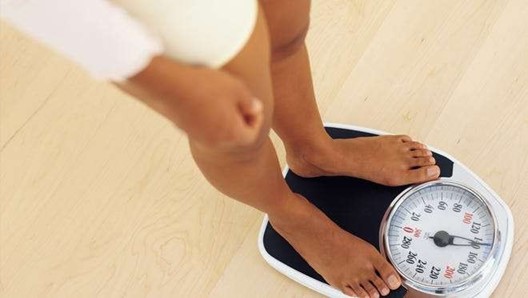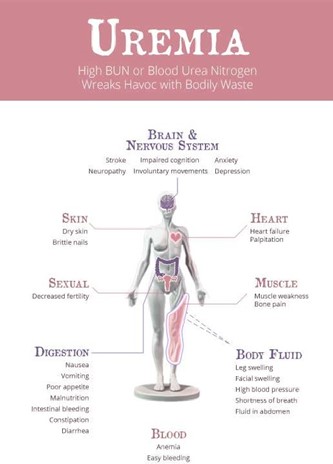What is the most accurate indicator of fluid loss or gain in acutely ill patients?
Daily weight.
Intake and output.
Serum osmolality.
Urine specific gravity.
The Correct Answer is A
The correct answer is choice A. Daily weight.

According to MDCalc, daily weight is the most accurate indicator of fluid loss or gain in acutely ill patients, as it reflects changes in total body water.
A weight change of 1 kg corresponds to a fluid change of approximately 1 L.
Choice B is wrong because intake and output measurements can be inaccurate or incomplete, and do not account for insensible fluid losses.
Choice C is wrong because serum osmolality reflects the concentration of solutes in the blood, not the volume of fluid.
Choice D is wrong because urine specific gravity reflects the concentration of solutes in the urine, not the volume of fluid.
Nursing Test Bank
Naxlex Comprehensive Predictor Exams
Related Questions
Correct Answer is D
Explanation

Protein intake can increase the excretion of calcium and oxalate in the urine, which can promote the formation of calcium oxalate stones. The client should limit animal protein sources, such as meat, poultry, fish, eggs, and dairy products.
Choice A is wrong because purine-rich foods, such as organ meats, shellfish, and beer, can increase the production of uric acid, which can cause uric acid stones.
Choice B is wrong because a low-calcium diet can increase the absorption of oxalate in the intestine, which can increase the risk of calcium oxalate stones.
The client should consume a moderate amount of calcium from dietary sources, such as milk, cheese, yogurt, and green leafy vegetables.
Choice C is wrong because potassium-rich foods, such as bananas, oranges, potatoes, and tomatoes, can help prevent calcium oxalate stones by increasing the urinary pH and citrate levels.
The client should consume adequate amounts of potassium from dietary sources.
Correct Answer is B
Explanation

Uremia is a condition where there is an excess of urea and other nitrogenous wastes in the blood, usually excreted by the kidneys into the urine. It occurs when the kidneys stop filtering toxins out through your urine and can be a sign of end-stage renal (kidney) disease.
Choice A is wrong because azotemia is the buildup of nitrogen waste products in the blood, not urea.
Choice C is wrong because anuria is the absence or reduction of urine output.
Choice D is wrong because oliguria is the low output of urine.
Whether you are a student looking to ace your exams or a practicing nurse seeking to enhance your expertise , our nursing education contents will empower you with the confidence and competence to make a difference in the lives of patients and become a respected leader in the healthcare field.
Visit Naxlex, invest in your future and unlock endless possibilities with our unparalleled nursing education contents today
Report Wrong Answer on the Current Question
Do you disagree with the answer? If yes, what is your expected answer? Explain.
Kindly be descriptive with the issue you are facing.
